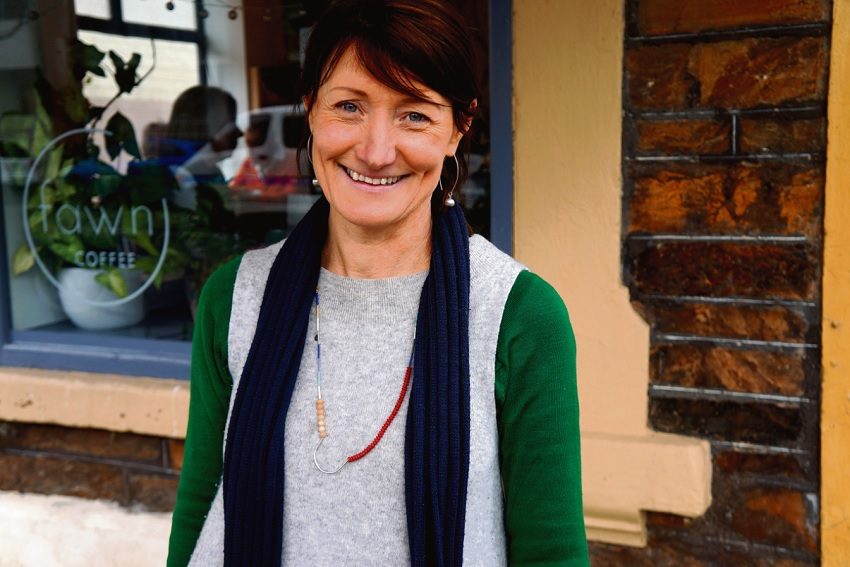'Changing the way we do business' with GOGO Events

After 12 years working in the Adelaide events industry, Sarah Gun began to think about a new way to do business.
“I found the commercial side of business and the whole industry vacuous,” Gun says. “I felt empty, like I wasn’t contributing, so I thought: I have to either find a new career, or a way to make this work. I realised the most powerful tool I had was actually my business.”
Gun is the founder of GOGO Events, an events management business, operating for the last four years as a social enterprise. Last year, GOGO Events managed 16 events, employed 41 homeless people and worked with a range of high profile clients in Adelaide, including Toyota Australia, South Australian Museum, Food SA, Aged Care Australia, Zahra Foundation and the Premier’s Council for Women.
All events by GOGO Events include a Pathway to Employment Program for men and women experiencing homelessness and social marginalisation. It is a for-profit business; everyone in her employment is paid. This is a conscious choice for Gun, who believes that in paying her employees they are contributing to the economy.

“We are talking about the poorest of the poor,” she says. “Life is hard enough from day to day when you are poor, and I would never ask someone in that circumstance to altruistically volunteer their time. In today’s society, if you pay someone, it means you value their input, and I do. Maybe because of work, tomorrow is going to be brighter for them because of that experience. Ultimately, I want to help people on a pathway to re-identify as something other than homelessness.”
Recently, Gun’s work was recognised on the world stage. At SXSW Innovation in Austin, Texas, she took home the prize for Most Innovative Social Enterprise Award. Following this recognition, she hopes there is room to grow her business and its impact; a challenge only in the encouragement of other organisations to share her vision.
“Once we win contracts with organisations that have a ‘shared value’ mindset; we can grow. It is not always easy though,” she asserts. “I’ve had companies ask me, ‘Can you do it without the charity component?’ This is the free market, after all, and people either get it or they don’t. At times it’s simply not a priority for them. People will say, ‘Why don’t you make money and give it to another foundation already doing this work?’ My feeling is this is my own backyard, so we should ask ourselves, what can I do with my own resources?”

While it can be difficult to ‘convince’ organisations to see the value in her work, Gun has seen a shift in the way big business thinks about shared value. “We were just contacted by one of Australia’s biggest companies because they have KPIs around diversity and inclusion,” she says.
“They are one of the five companies that are now measuring this stuff. They are saying, ‘We want to work with you because of what you do’. They are not the baddies. Many companies do great stuff with communities. They give time and energy and run engagement programs. The key will be, when companies put social outcomes into strategic visions and planning along with their pro t and customer acquisition. My feeling is the term ‘social enterprise’ will cease to exist. There is a place for every company to embed social outcomes into their business model. It will become an ‘opt out’ model, so to speak.”
Gun grew up in Adelaide and plans to stay here because, in her eyes, Adelaide is the perfect place for new ways of thinking to emerge.
“Adelaide’s current size and economy means there is a lot of room for growth in the social enterprise sector,” she says. “We are in a prime position to support people in trying out new ways of thinking. Generation X sees potential on a world stage. They have the insight and perspective. If social enterprise is going to bubble up in Adelaide, it will be from the Gen X-ers. Young people need to get out and make their mark. We have to take risks and fail, because I think there is no failure in failure.”
This article is sponsored by 